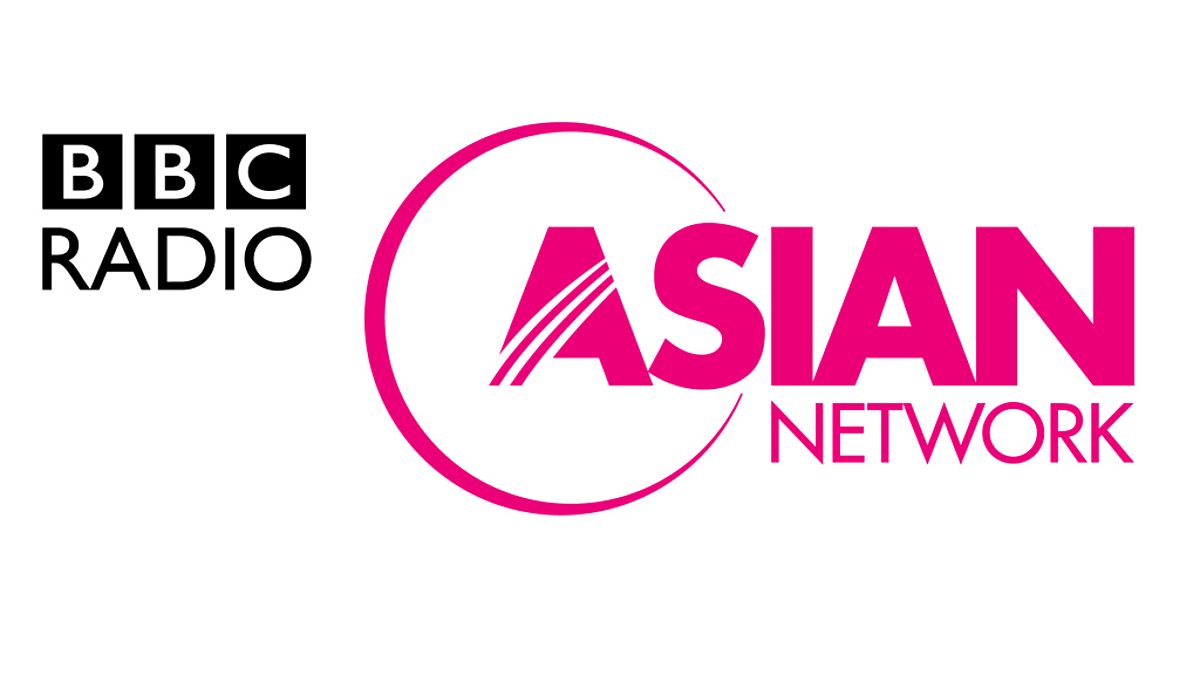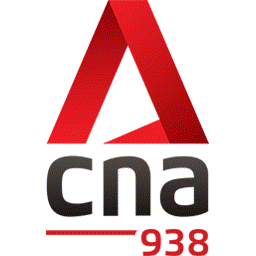Work at Height Regulations
1. Scope
These regulations apply to all activities where a person could fall from one level to another, liable to cause personal injury. This includes scaffolds, ladders, roofs, formwork, platforms, and any elevated working surface at 2 metres or more above ground level.
2. Responsibilities
Employer / Occupier:
- Ensure all work at height (WAH) activities are properly planned, supervised, and carried out safely.
- Appoint a Work at Height Assessor and Work at Height Supervisor where required.
- Provide safe access, safe working platforms, and fall prevention systems.
- Ensure workers are trained, competent, and medically fit.
Supervisor / Safety Personnel:
- Conduct Risk Assessment (RA) and implement Safe Work Procedures (SWP).
- Ensure workers follow Fall Prevention Plan (FPP).
- Conduct daily inspection of access equipment, scaffolds, ladders, and safety gear.
Workers:
- Attend Work at Height training (e.g., Worker, Supervisor, Assessor).
- Use safety harnesses, lifelines, guardrails, or other fall protection provided.
- Follow safe work procedures and report unsafe conditions immediately.
3. General Regulations
- Permit-to-Work (PTW) must be obtained before starting WAH activities above 3 metres.
- Fall Prevention Plan (FPP) must be established for all projects.
- Only approved and certified equipment (scaffolds, ladders, MEWPs) shall be used.
- Anchorage points for lifelines must be tested and certified by a Professional Engineer (PE).
- Guardrails, toe boards, and covers must be provided at all open edges.
- Scaffold access must be via secured ladders or stair towers only.
- Mobile Elevated Work Platforms (MEWPs) must be used with harnesses and lanyards attached to the designated anchorage.
4. Personal Protective Equipment (PPE)
- Safety helmet with chinstrap.
- Full body harness with double lanyard and shock absorber.
- Non-slip safety footwear.
- Hi-vis vest for identification.
- Additional PPE as required (gloves, goggles, etc.).
5. Emergency Preparedness
- Rescue plan must be in place for workers suspended in a harness.
- First-aid trained personnel must be available on site.
- Emergency contact numbers must be displayed clearly.
6. Prohibited Practices
- Standing on railings, boxes, or makeshift platforms.
- Working on scaffolds without full decking, guardrails, or access.
- Using damaged or uncertified ladders, scaffolds, or lifelines.
- Throwing or dropping materials from height.
7. Enforcement
- Workers who fail to comply with WAH regulations may be stopped from work and subject to disciplinary action.
- Employers and supervisors who neglect their duties may be liable under the Workplace Safety and Health (Work at Heights) Regulations 2013 – Singapore.





























0 মন্তব্যসমূহ